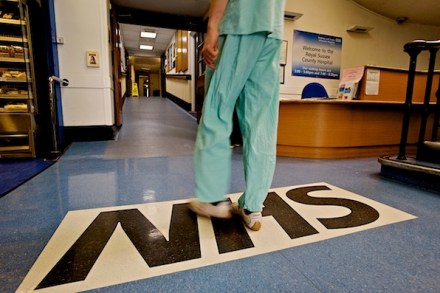The perils of leasehold property
You’ve traded in your beat-up turkey of a car. You’ve forked out on insurance, finance, the MOT, and what you think are tasteful new rims. Next thing you know, you’re being summoned to court. The tricked-out wheels were a step too far. The car-maker is suing you for messing with their product. The fluffy dice in the rear view are also a problem. If you lose in court, it’s goodbye to your gleaming saloon – dice and all. ‘Get off it mate. It’s your car. You paid for it. We don’t live in some preposterous ownership dystopia,’ I hear you say. After all, if this were true, there would be




















